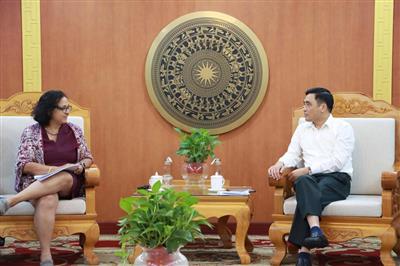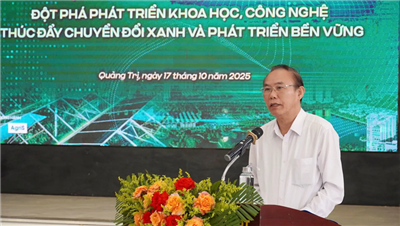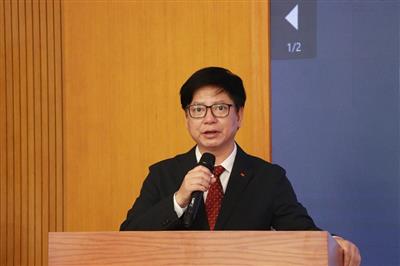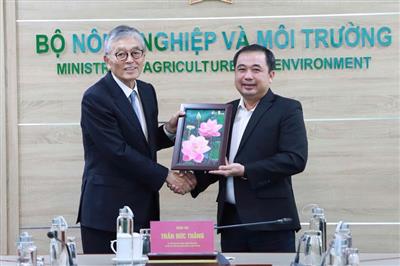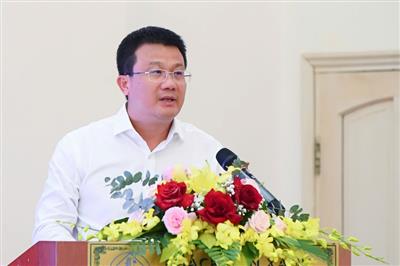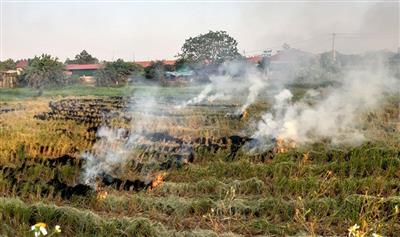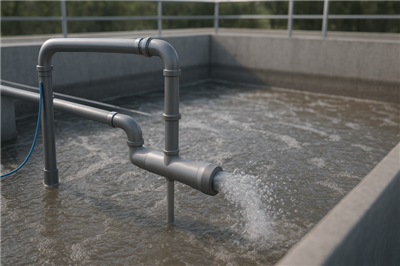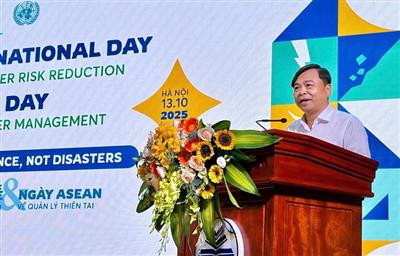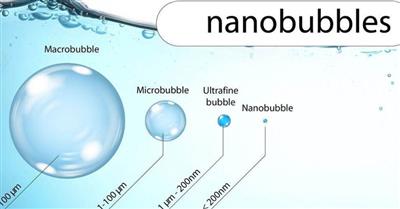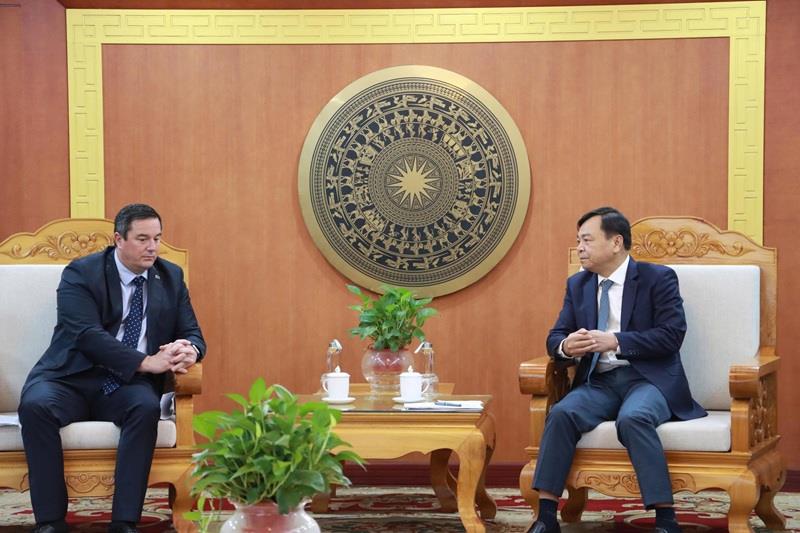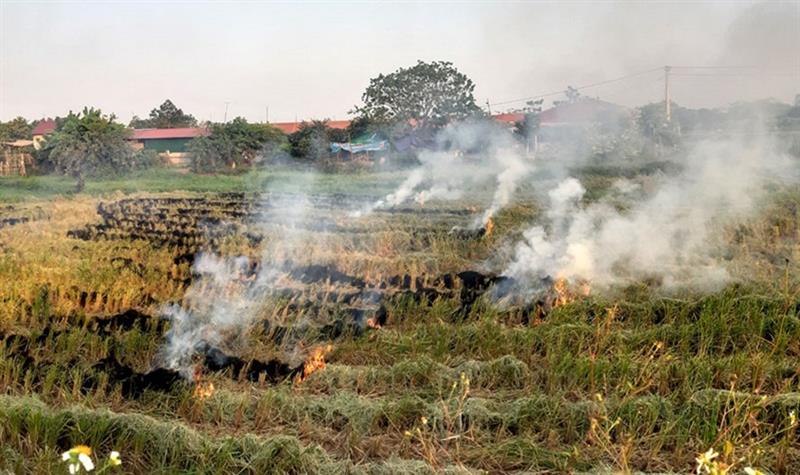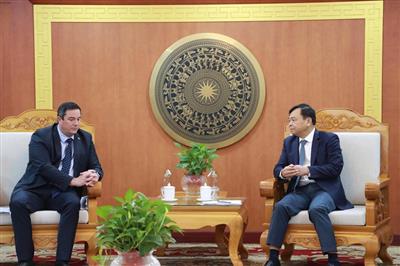
Vietnam and Germany foster strategic cooperation in agriculture
18/05/2025TN&MTDuring a working visit to the Federal Republic of Germany from May 15-16, Deputy Minister of Agriculture and Environment Tran Thanh Nam held high-level meetings with key German partners to enhance bilateral cooperation in the fields of agriculture and environment. Taking place on the occasion of the 50th anniversary of Vietnam-Germany diplomatic relations, the visit is expected to open new doors for market access, promote sustainable value chains, and boost the competitiveness of Vietnamese agricultural products in the European market.
Unlocking trade potential and strengthening strategic partnership
In meetings with the Federal Ministry of Food and Agriculture (BMEL), the Federal Ministry for Economic Cooperation and Development (BMZ), and relevant organizations, Deputy Minister Tran Thanh Nam underscored Germany’s role as Vietnam’s leading trade partner within the European Union (EU) and highlighted the vast potential for expanded collaboration in agriculture and environmental protection.
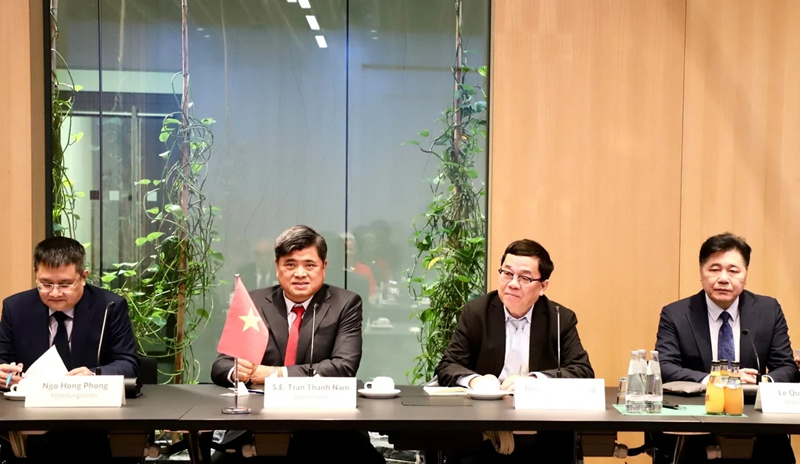
Deputy Minister Tran Thanh Nam held high-level meetings with key German partners to enhance bilateral cooperation in the fields of agriculture and environment
Germany is currently Vietnam’s largest trading partner in the EU and one of the bloc’s top investors in the country. In 2024, bilateral trade in agricultural, forestry, and fishery products reached approximately USD 1.5 billion, including USD 1.3 billion in Vietnamese exports and nearly USD 200 million in imports from Germany. In the first quarter of 2025 alone, two-way trade neared USD 700 million, reflecting a stable and sustainable growth trajectory.
Speaking at the meetings, Deputy Minister Tran Thanh Nam emphasized the substantial cooperation potential between the two countries, particularly in food safety, mechanized production, vocational training, and market access. “There remains considerable untapped market potential,” he stated. “In addition to enhancing trade ties, we must also seek effective solutions to gradually balance our trade relations.”
Vietnam is home to a community of more than 200,000 people living in Germany, serving as a strong bridge between the two nations. Deputy Minister Tran Thanh Nam affirmed that this enduring people-to-people connection would be a vital foundation for deepening cooperation in agriculture and environmental sustainability in the coming years.
Advancing mechanization, vocational training, and sustainable value chains
At a meeting with German Deputy Minister of Food and Agriculture Silvia Breher, Deputy Minister Tran Thanh Nam put forward four concrete cooperation proposals: ensuring food safety along production chains; promoting vocational training linked with hands-on practice; collaborating on mechanization in fisheries, livestock, and forestry; and driving digital transformation in agriculture.
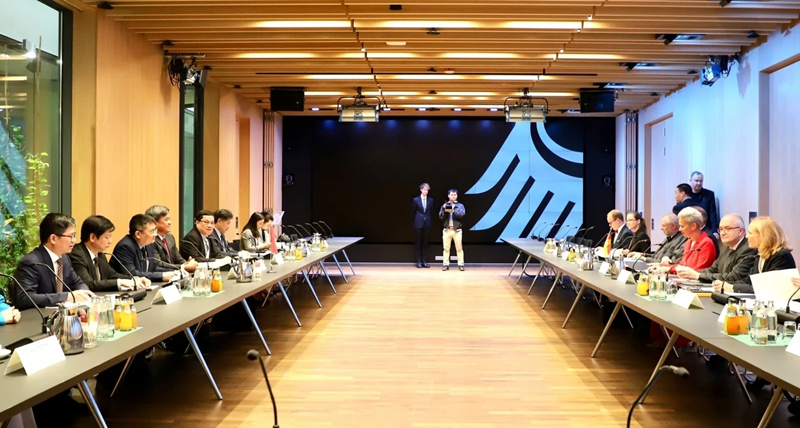
Deputy Minister Silvia Breher confirmed that both sides could begin negotiating the MoU soon and expressed support for DLG’s role in facilitating collaboration, especially in helping farmers access modern technologies.
He proposed that the two ministries study and work toward signing a Memorandum of Understanding (MoU) on mechanization cooperation, using Germany’s sustainable value chain model as a reference. In light of ongoing socio-economic volatility, he stressed that building resilient value chains is crucial for enhancing the stability of agricultural economies. Notably, the German Agricultural Society (DLG) is expected to play a pivotal role in transferring advanced technology and production models to Vietnam.
The German side welcomed Vietnam’s proposals. Deputy Minister Silvia Breher confirmed that both sides could begin negotiating the MoU soon and expressed support for DLG’s role in facilitating collaboration, especially in helping farmers access modern technologies.
On vocational training, the German side expressed interest in mutually beneficial cooperation models that would provide German enterprises with skilled labor while opening up job opportunities for Vietnamese workers. In particular, the increased involvement of women in vocational training was recognized as aligning with Germany’s strong commitment to sustainable development policies.
Expanding market access and elevating the global profile of Vietnamese agricultural products
As part of the working trip, the Ministry of Agriculture and Environment of Vietnam, in coordination with the Vietnamese Embassy in Germany and the German Agribusiness Alliance (GAA), organized a forum titled “Connecting Vietnam–Germany Agricultural, Forestry, and Fishery Trade” in Berlin. The event attracted nearly 50 German enterprises, industry associations, distributors, and leading supermarket chains.
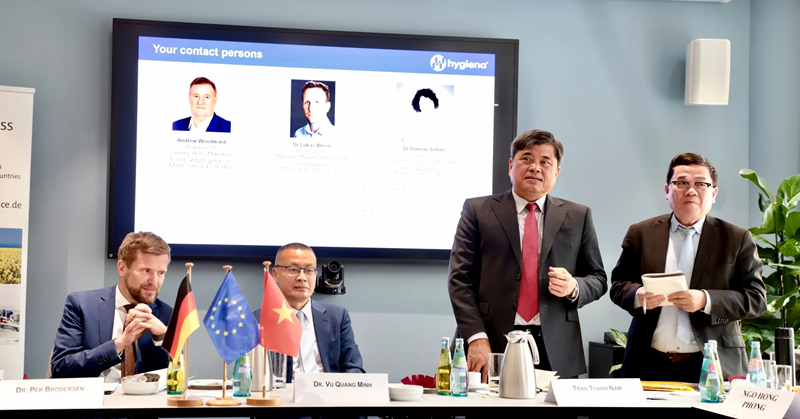
Deputy Minister Tran Thanh Nam proposed establishing a linkage mechanism between agricultural industry associations from both countries to form business networks throughout the supply chain—from production and preservation to logistics and distribution.
Speaking at the forum, Deputy Minister Tran Thanh Nam urged German associations to regularly organize business matchmaking activities with Vietnam to promote trade, enhance brand recognition, and expand market access for both sides. He also encouraged Vietnamese enterprises to actively participate in trade fairs, exhibitions, and market surveys to better understand consumer preferences in Germany and across the EU.
The Deputy Minister proposed establishing a linkage mechanism between agricultural industry associations from both countries to form business networks throughout the supply chain—from production and preservation to logistics and distribution. This model, he said, would help reduce operating costs, improve product quality, and ensure compliance with the EU’s stringent regulatory standards.
Germany is currently Vietnam’s seventh-largest agricultural export market and serves as a vital gateway for Vietnamese goods to reach the EU’s over 500 million consumers. Major Vietnamese exports to Germany include coffee, seafood, cashew nuts, fruits and vegetables, wood products, and handicrafts—all of which enjoy strong consumer demand. In return, Vietnam imports products such as dairy, pesticides, fertilizer ingredients, and rubber from Germany.
With a solid foundation of strategic partnership and deepening bilateral cooperation, this working visit by the Ministry of Agriculture and Environment is poised to deliver tangible results and significantly enhance the global competitiveness and market presence of Vietnamese agricultural products.
Linh Chi


